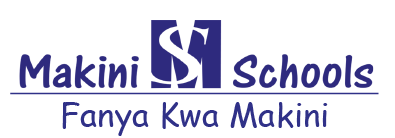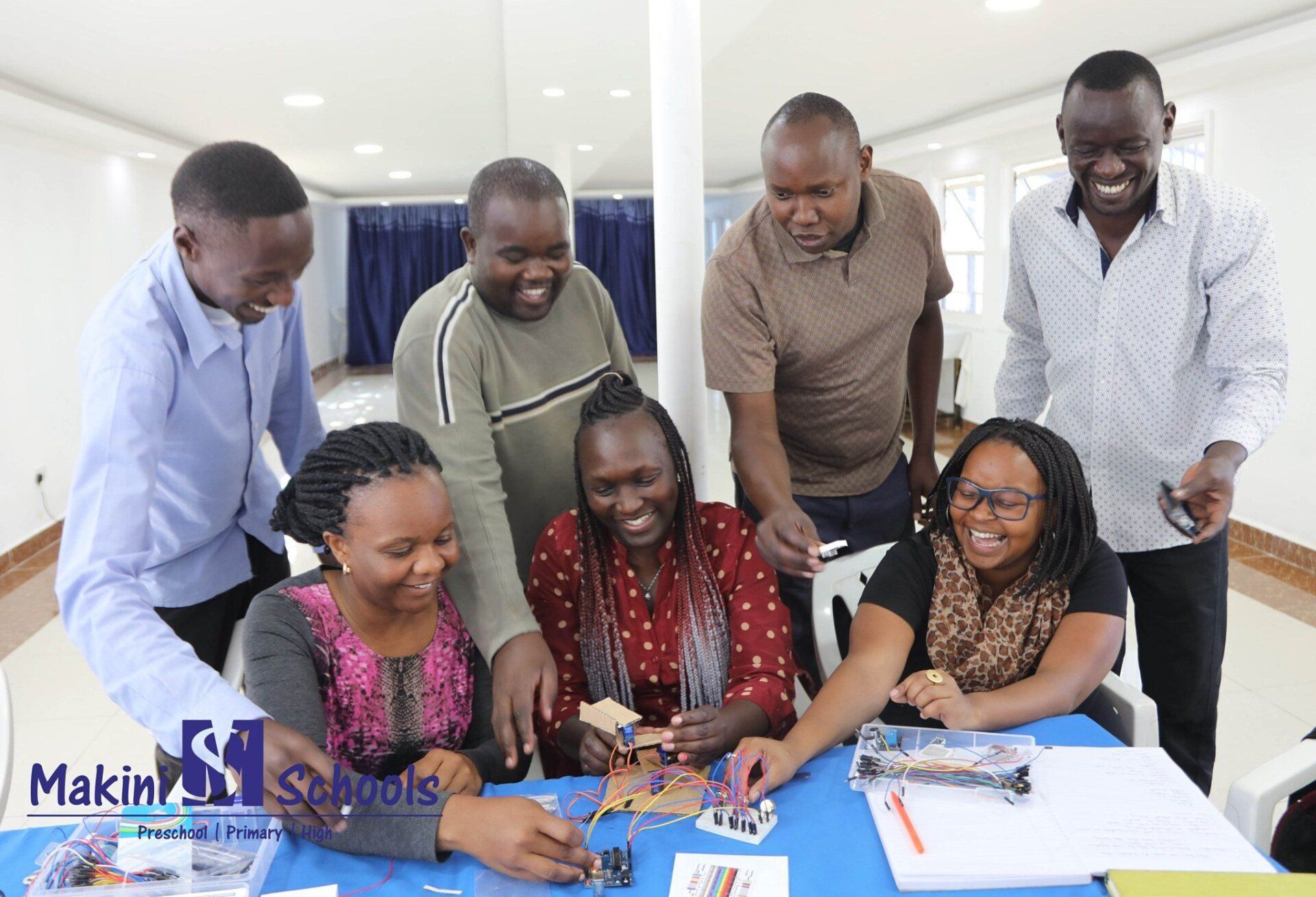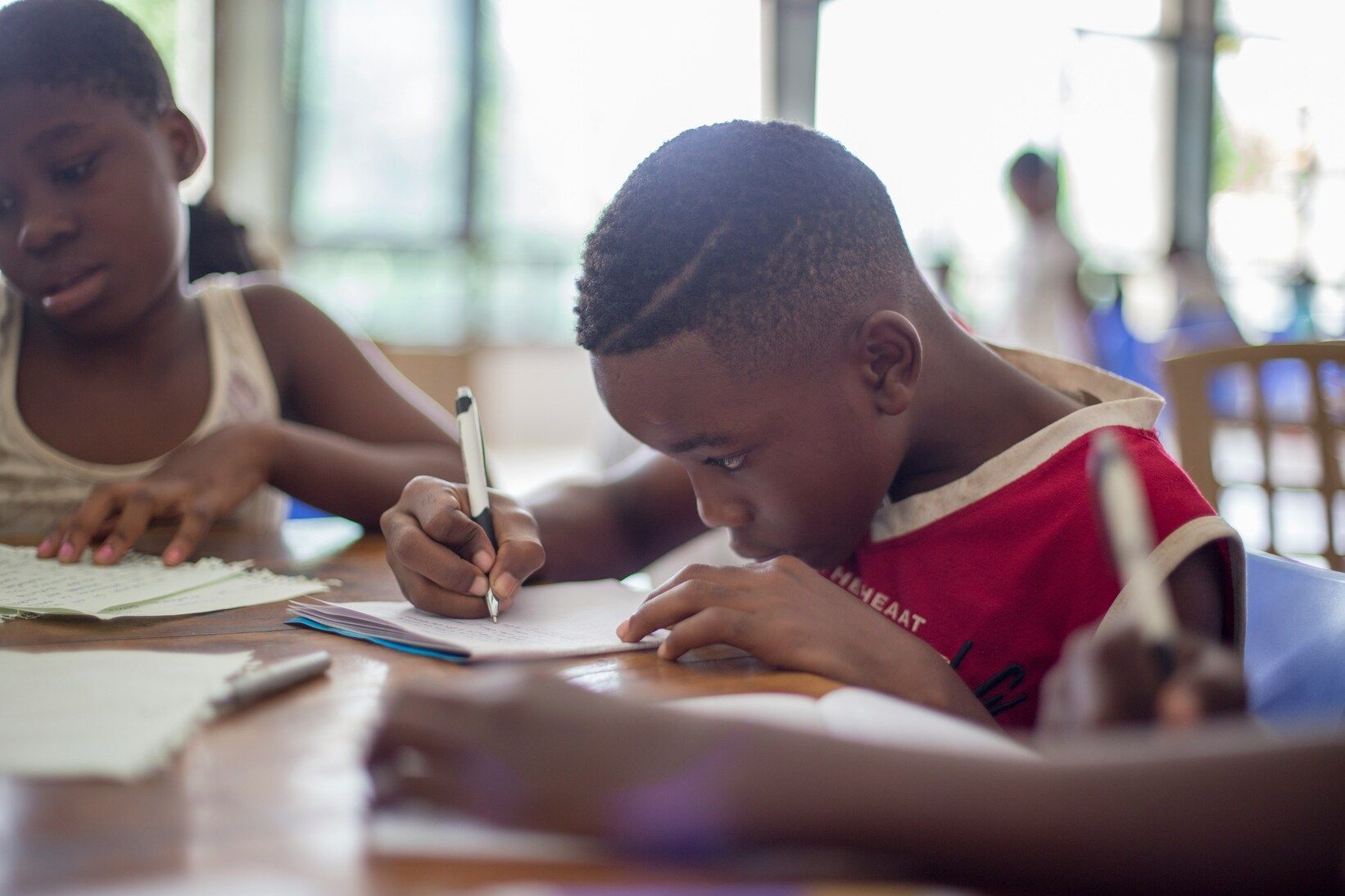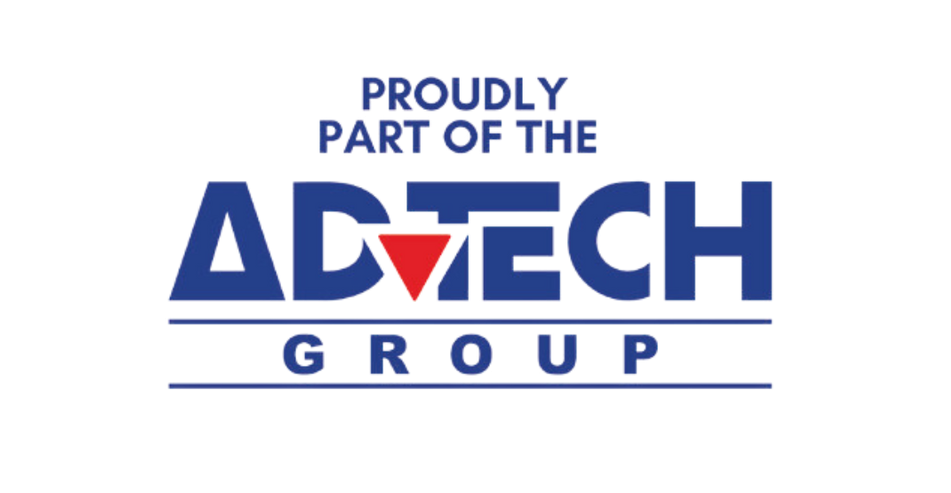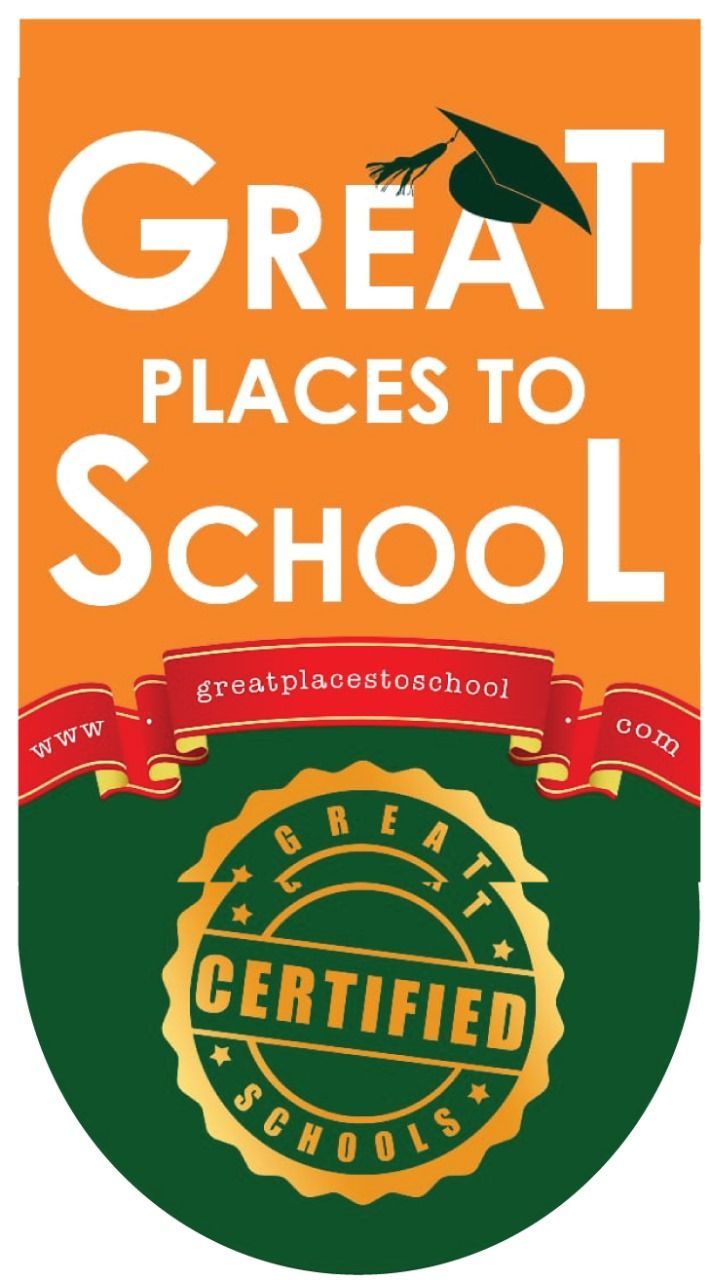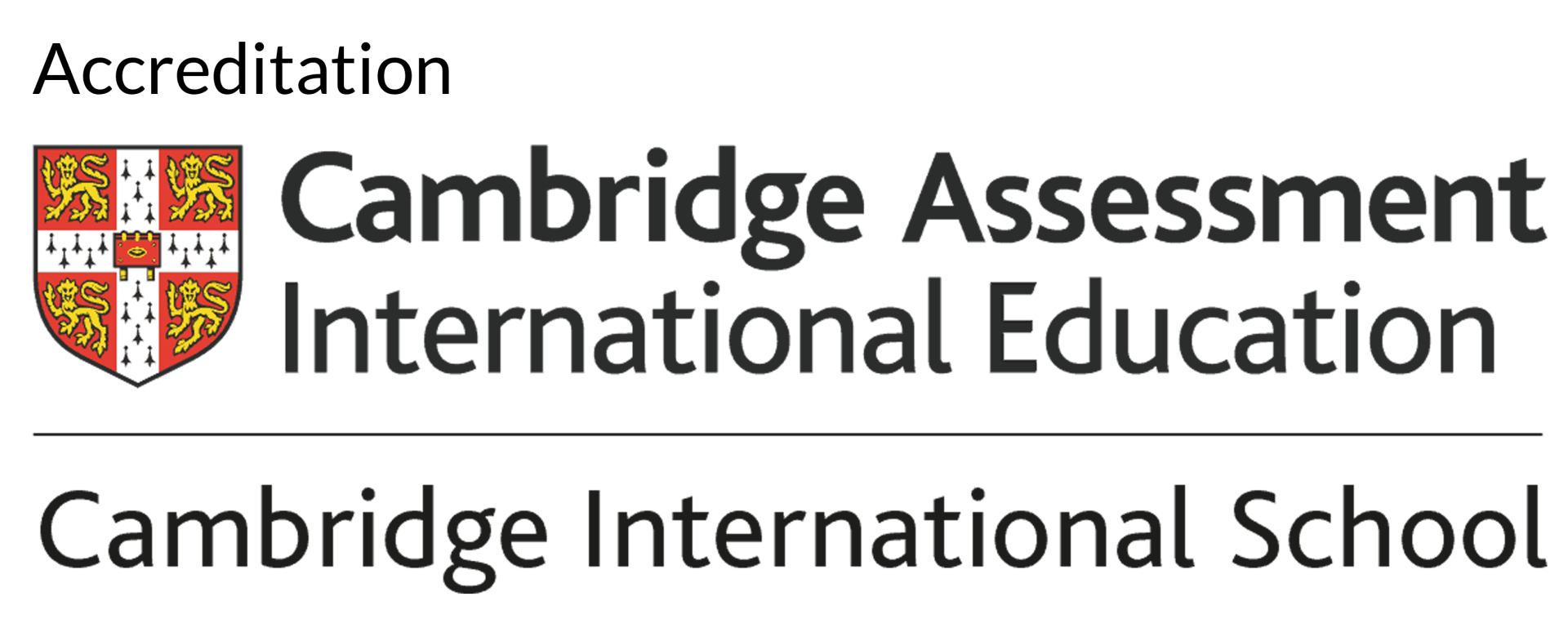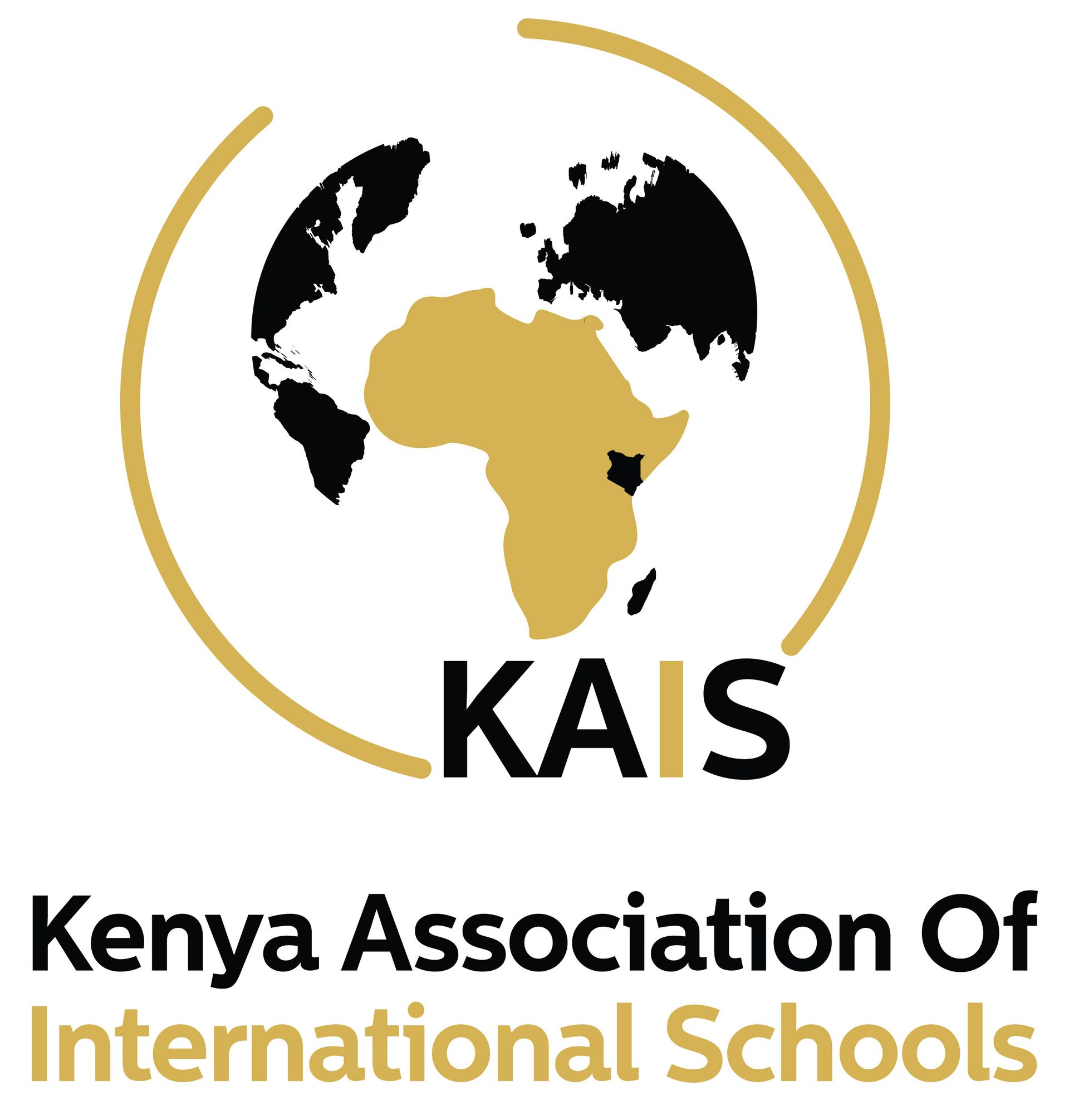The Makini School Admission Process
At Makini School, we are unwaveringly dedicated to fostering significant academic progress and the well-being of our learners. As a school that is renowned for its educational excellence and commitment to holistic development, we offer a structured Makini School admission process. It is designed to ensure a seamless experience for prospective learners and their families. Understanding how to apply to Makini School is crucial for successfully securing a place at this prestigious school.
To begin, let’s look at the various Makini campuses in Kenya and what each has to offer.
Makini Preschool Ngong Road
This highly sought-after preschool provides specialized early childhood programs focused on holistic development. Our comprehensive curriculum meets the unique needs of young learners by fostering self-expression, nurturing individual talents and encouraging discovery skills in a supportive environment.
Makini Primary School - Ngong Road
At Makini Primary School, we offer a well-rounded education for Grades 1 to 8, with a diverse range of subjects, including mathematics, English language, literacy, Kiswahili, environmental studies, hygiene and nutrition, religious activities, creative arts, movement, computer studies, handwriting, pastoral instruction, and storytelling. Our co-curricular programs, such as sports, music clubs, and educational trips, provide students with enriching experiences that develop both academic and life skills.
Makini Statehouse Junior Academy
Located in the serene Statehouse Avenue neighborhood, Makini Statehouse Junior Academy provides a nurturing and homely environment for kindergarten to Grade 5 learners. As the sister school to Makini Ngong Road, it emphasizes learner-centered teaching with engaging and enjoyable lessons delivered by a dedicated team of teachers. The school upholds high academic standards and offers quality facilities, while co-curricular activities help children discover and develop their talents. Parental involvement is highly encouraged, creating a strong partnership to support each child's educational journey.
Makini Junior School - Migosi
At Makini Migosi, quality education meets digital innovation. Lessons are enhanced with engaging videos, interactive songs, virtual games, and live worksheets, ensuring a dynamic learning experience. Parents are encouraged to actively support learners at home to reinforce their progress.
To further enhance the practical skills learned, Makini School Migosi has come up with a Skill Board Room. Here, learners are guided on performing basic tasks like tying shoelaces, zipping up clothing, switching sockets on and off, trimming fingernails and many other highly useful skills.
Makini School Kisumu City
Situated on Nyerere Road within the spacious grounds of the Shree Lohana Mahajan property, Makini Kisumu City is the newest addition to the Makini family. Catering to Grades 1 to 8, the campus provides ample space for learning, exploration, and play, ensuring an enriching educational experience for every child.
Understanding the Admission Timeline
Application Opening Dates
The application process remains open year-round, but admissions depend on the availability of slots. We recommend that prospective families explore our website as early as possible to secure their place. Our enrolment officers are always ready to assist with any inquiries you may have.
Deadlines
There are specific Makini School application deadlines for each stage of the application. This includes the submission of forms, supporting documents and assessments. To avoid disappointment, applicants should start the application process early and be sure to adhere to the deadlines.
Admission Requirements & Criteria
Makini School upholds high academic standards, and applications are evaluated based on previous academic performance. This ensures that prospective learners meet the prerequisites for the level they are applying for. Report cards and accomplishments play a significant role in this evaluation, forming part of the Makini School enrollment criteria.
The Application Process
Step 1 – Pre-admission document
- The following documents are required for admissions to Makini School:
- Copy of Immunization Certificate – Reception to Pre-school only
- Copy of Child’s Birth Certificate
- Copy of parent’s/guardian’s valid Passport and visa if not a Kenyan citizen.
- Copy of Pupil’s valid Pass/Visa if not a Kenyan citizen.
- Passport Size Photographs (2 for student and 1 for each parent/guardian)
- Copy of Mother’s ID Card/Passport and 1 Passport Size Photo
- Copy of Father’s ID Card/Passport and 1 Passport Size Photo
- Certified copy of Last Report from Previous School (Mandatory for both CBC & Cambridge Primary & Secondary)
- Certified copy of student’s Leaving Certificate/Clearance Letter (Mandatory if the student is transferring from another school).
- Nemis Number and Assessment Number (CBC Curriculum)
- Certified copy of KPSEA results (Grade 7 & 8 CBC Curriculum
Step 2 – Submit the admission application
A non-refundable application fee is payable to the school.
Step 3 – Assessment
1. An oral or written assessment is conducted at the school or online (only on special considerations by the school).
2. The assessment reports will be reviewed and approved by the school principal.
3. The assessment results are communicated to the parents/guardians via telephone and email within 24 business hours.
Step 4 – Admission offer
1. The admission offer letter will be sent to parents/guardians once admission has been approved.
2. A non-refundable admission fee is payable.
3. Parents/guardians who receive approval for admission must acknowledge by accepting the offer letter based on the instructions on the letter.
Step 5 - Admission
Admission to class will ONLY be granted upon completion of full Admission process and payment of full-term school fees.
If you would like to apply to one of the Makini School Campuses, please click here - Apply Now
